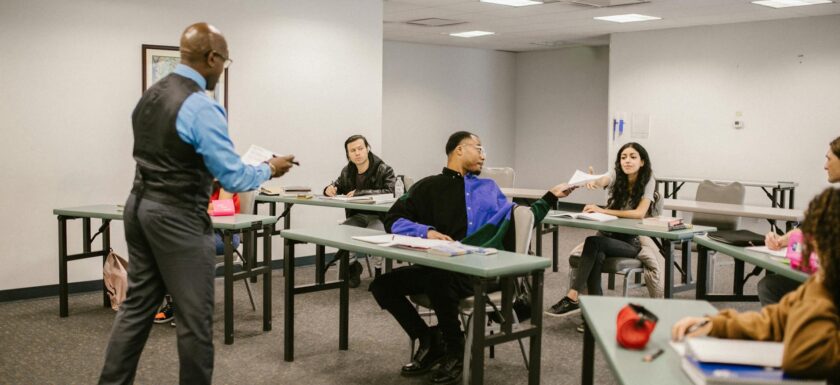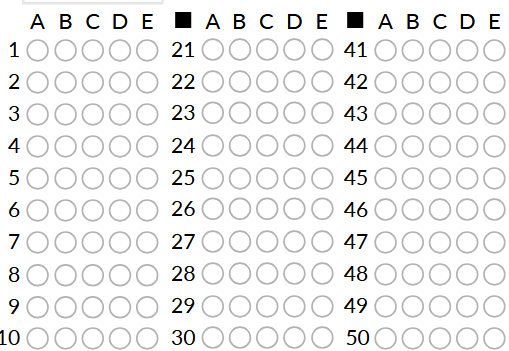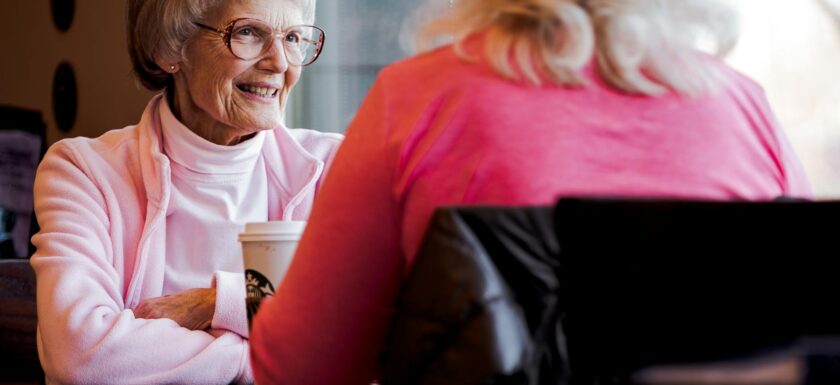What do we want our students to learn? Are we asking the wrong questions?
For my books, my wife reads every chapter I write before I send it to my editor. We’ve been together for over 25 years. I’ve had occasion to mention a little something every so often about psychology. Let’s just say that she has learned a lot of psychology. Occasionally, she will ask me some version of this: “What’s that thing called where [perfect description of that thing]?” And then I’ll name the thing, e.g., counterfactual thinking, variable ratio schedule of reinforcement, source amnesia. However, sometimes I struggle to come up with the term. I know that I know it. I’ve taught the dang conceptRead More →










